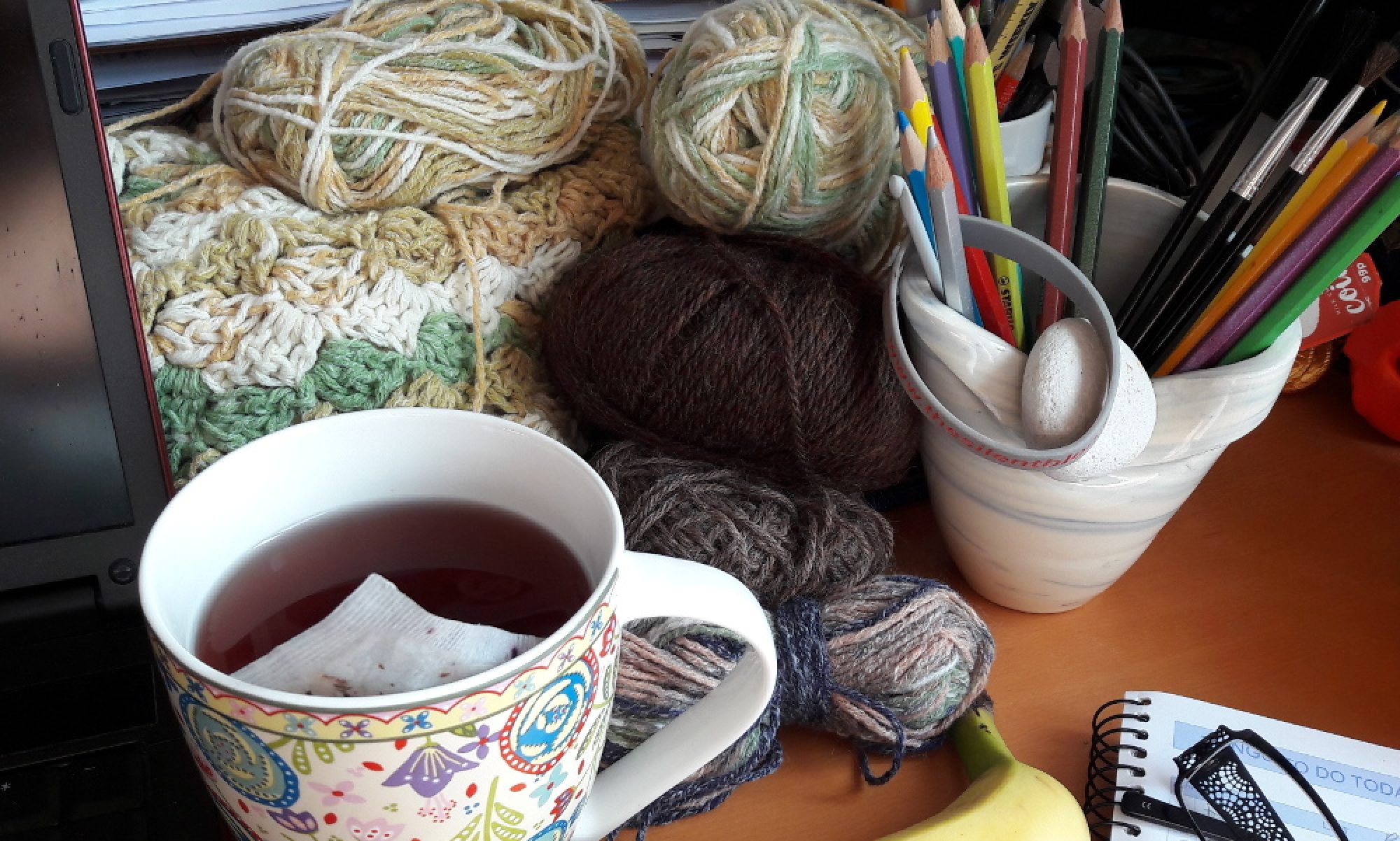Sunday morning and a tale of an apple lost and some memories found.
The other day I lost an apple – it was a russet, my favourite. At the supermarket, I’d spent some time picking the most russeted but slightly soft ones in the box, all the while checking for bruising and placed them carefully in a plastic bag. But when I got home and unpacked my shopping, I was most distraught to find that I was one short.
Retracing my steps, I examined every nook and cranny from the car to my kitchen worksurface but it was clear that the apple had gone. It was lost. There were only two remaining and they would have to do.

Russets are really important to me. I grew up exploring my granddad’s rambling garden and one side of it was devoted entirely to fruit trees: apples, raspberries, gooseberries and pears. His apple trees were no usual apple trees though. He had little seen varieties such as American Mother but my favourite were always the Russets. Each tree had been carefully grafted onto the rootstock of a different tree to maximise durability and yield, so below the branches, the patch looked not unlike a collection of disjointed knees.
I’d spend days of spring treading carefully over the mulch on the floor as the white petals of the blossom fell like snow on to the dark, carefully laid bark. And then came the buds of fruit that would grow as the days grew and then continued as the days started to die away. Each weekend I’d check them for ripeness and make do with picking the wild strawberries on the hedge for my free sweetness hit.
The well drained lawn alongside would become like straw in the hot summer sun and then green again as rainy days became more numerous with the turning year but still the fruit would be too hard, the tree too unyielding.
Then one day I would turn up at my Granddad’s house and the apple boxes would be out. These were the boxes that lived some of the year stacked in the outhouse. There was an unmistakable musty smell in the outhouse. Granddad had an old butler’s sink that always smelled of surgical spirit and soap (he would wash out there in the summer) and amongst the dusty mud on the floor there would be wood shavings from some project or other he was finishing. The smell of oil mixed with that of stored potatoes and freshly chopped onions (he often prepared food out there too). At the window, obscured by years of dust, sat old cobwebs over the puckered linseed paint solution Granddad would use on the wooden frames.
A secularist by voice but a sentimentalist by nature, my Russian-born Granddad could find ceremony in anything. He would carry the boxes up the steps and I would know that now was the time for the laying down of the apples.
And this is where Russets come into their own. Eaten straight from the tree, Russets are sharp and crisp (not unlike other apples) but their skins are tough which puts many eaters off. I never ate fresh Russets, however. They were wrapped and rested, their flesh allowed to mature under the rough skin until when they were taken out they were as puckered as the window frame paint and darker brown in colour.
Inside, the fruit was soft on the teeth and buttery in colour – the sharp crispness had almost fermented into a flavour not unlike sweet wine. Using age old methods from the long lost farming family that had raised him, my Granddad could store apples and potatoes from one growing season right round until the next. Under the floor, in the cellar amongst the bottles of cooking oil, old Christmas cards and treasured stored timbers sat the boxes of carefully stored produce, waiting their turn. Apples were rarely eaten fresh.
You’ll be pleased to hear that I eventually found my Russet. It had escaped through a hole in one of my carrier bags and rolled across the floor, ending up underneath one of my kitchen cupboards. On the tiles, below the wooden cupboard doors I thought of cardboard boxes, the wood dust, the oily smell and the puckered paint and thought how lucky I was to have been taught to rest Russets in order to enjoy them at their best. Their sweet, yellowing flesh evading the supermarket shoppers who don’t know that the addition of time turns this hard, inaccessible fruit into a soft, sweet delight that seems to evoke autumn, even in the hard days of winter and the brighter light of spring, when the closing days of the previous year are a memory way out on the other side of Christmas.


This is why each apple is carefully placed into the wooden fruit bowl and allowed to rest until the skin tells me it’s ready to eat. The kind of skills my Granddad had for storing food have been lost with the eternal harvest that is the supermarket but at least I can keep the spirit of it alive with each rested, puckered apple.
And there they sit, a symbol of autumn ready to eat on a spring day and my mind tumbles back to the closing months of my Granddad’s life. His wish was that he would see the blossom of another spring and I believe in honour of his beloved apples, he managed to make it through to autumn too.

